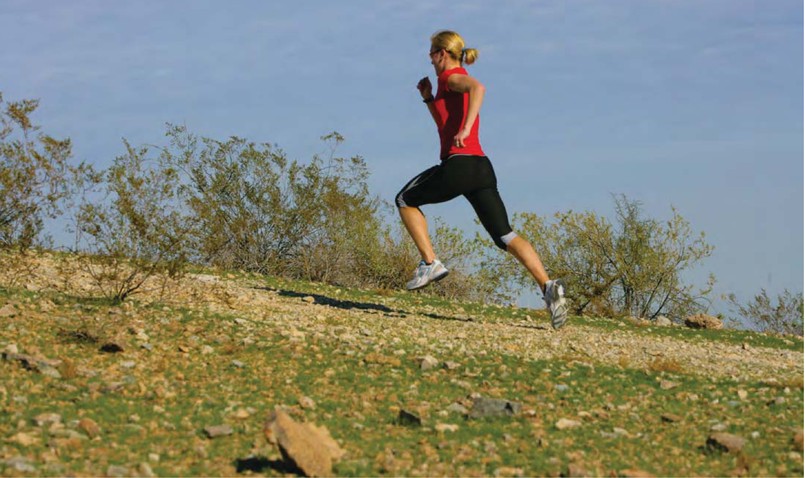
Hills provide resistance and build power and speed, but don’t suit every athlete, argues Larry Hannon
MANY coaches will endorse the use of hill training for all their runners, regardless of discipline and individual nature of the athlete. In certain disciplines, for certain runners, such endorsement is warranted. However, it’s imperative to remember that track running is not the same as cross country and runners are not identical to one another. Any athlete who has ever run up a hill knows it brings with it a challenge and physical effort beyond other training. The biomechanics, physiology and even psychology of a runner affect how they will perform on and respond to hill training.
This individuality is recognised in certain other realms of training. For example, we know that speed-oriented 800m runners respond to fast work on the track with relatively little volume while endurance-oriented ones respond to strength work and greater volume. We know that runners vary in recovery time, dietary needs, response to training and many other things. Response to hill training is no different. Being aware of the idiosyncrasies of individual athletes allows us to make appropriate tinkering in training.